News
-
 Anthropology
AnthropologyWater tubing accidents, table run-ins cause Neandertal-like injuries
People’s injury patterns today can’t explain how Neandertals got so many head wounds.
By Bruce Bower -
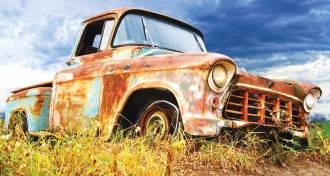 Chemistry
ChemistryChemistry controlled on tiniest scale can create hollow nanoparticles
Oxidizing tiny iron particles from the inside out reveals how oxidation works and could offer new vehicles for drugs or energy.
-
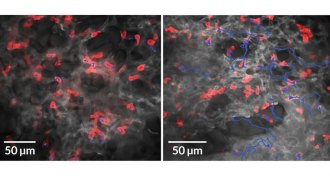 Health & Medicine
Health & MedicineLungs enlist immune cells to fight infections in capillaries
Immune cells in the lungs provide a rapid counterattack to bloodstream infections, a new study in mice finds.
-
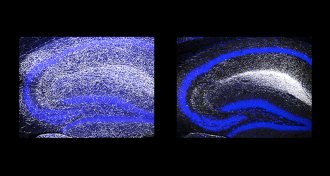 Neuroscience
NeuroscienceNerve cell miswiring linked to depression
A gene helps nerve cell axons extend to parts of the brain to deliver serotonin, a brain chemical associated with depression.
-
 Climate
ClimateOcean acidification may hamper food web’s nitrogen-fixing heroes
A new look at marine Trichodesmium microbes suggests trouble for nitrogen fixation in an acidifying ocean.
By Susan Milius -
 Quantum Physics
Quantum PhysicsKey Einstein principle survives quantum test
Particles in quantum superposition adhere to the equivalence principle in atomic test.
-
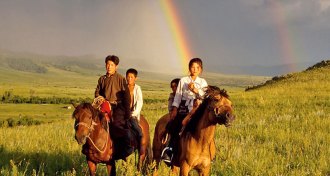 Genetics
GeneticsAncient DNA bucks tale of how the horse was tamed
DNA from ancient horses reveals early domestication involved plenty of stallions.
-
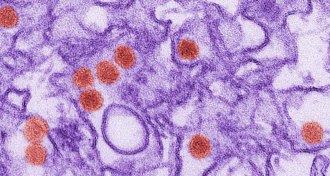 Health & Medicine
Health & MedicineZika hides out in body’s hard-to-reach spots
Zika virus sticks around in the central nervous system and lymph nodes of monkeys.
-
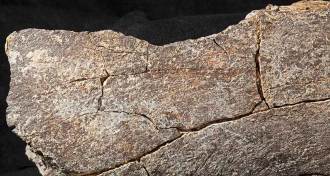 Archaeology
ArchaeologyFirst settlers reached Americas 130,000 years ago, study claims
Mastodon site suggests first Americans arrived unexpectedly early.
By Bruce Bower -
 Environment
Environment‘Fossil’ groundwater is not immune to modern-day pollution
Ancient groundwater that is thousands of years old is still susceptible to modern pollution, new research suggests.
-
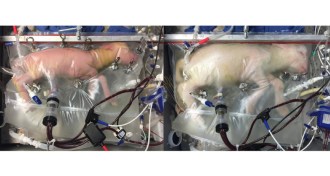 Health & Medicine
Health & MedicineFaux womb keeps preemie lambs alive
A device can keep premature lambs alive for a month in womblike conditions.
-
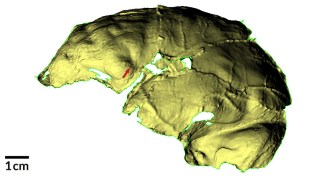 Humans
HumansHomo naledi’s brain shows humanlike features
South African Homo species had small but humanlike brain, scientists say.
By Bruce Bower